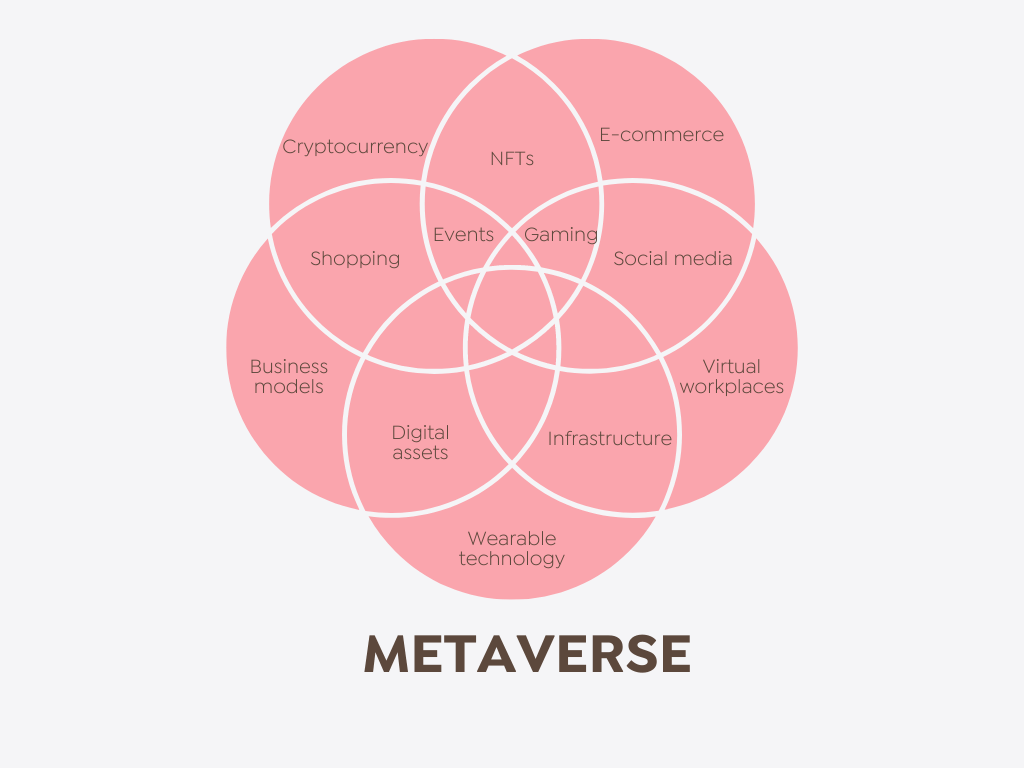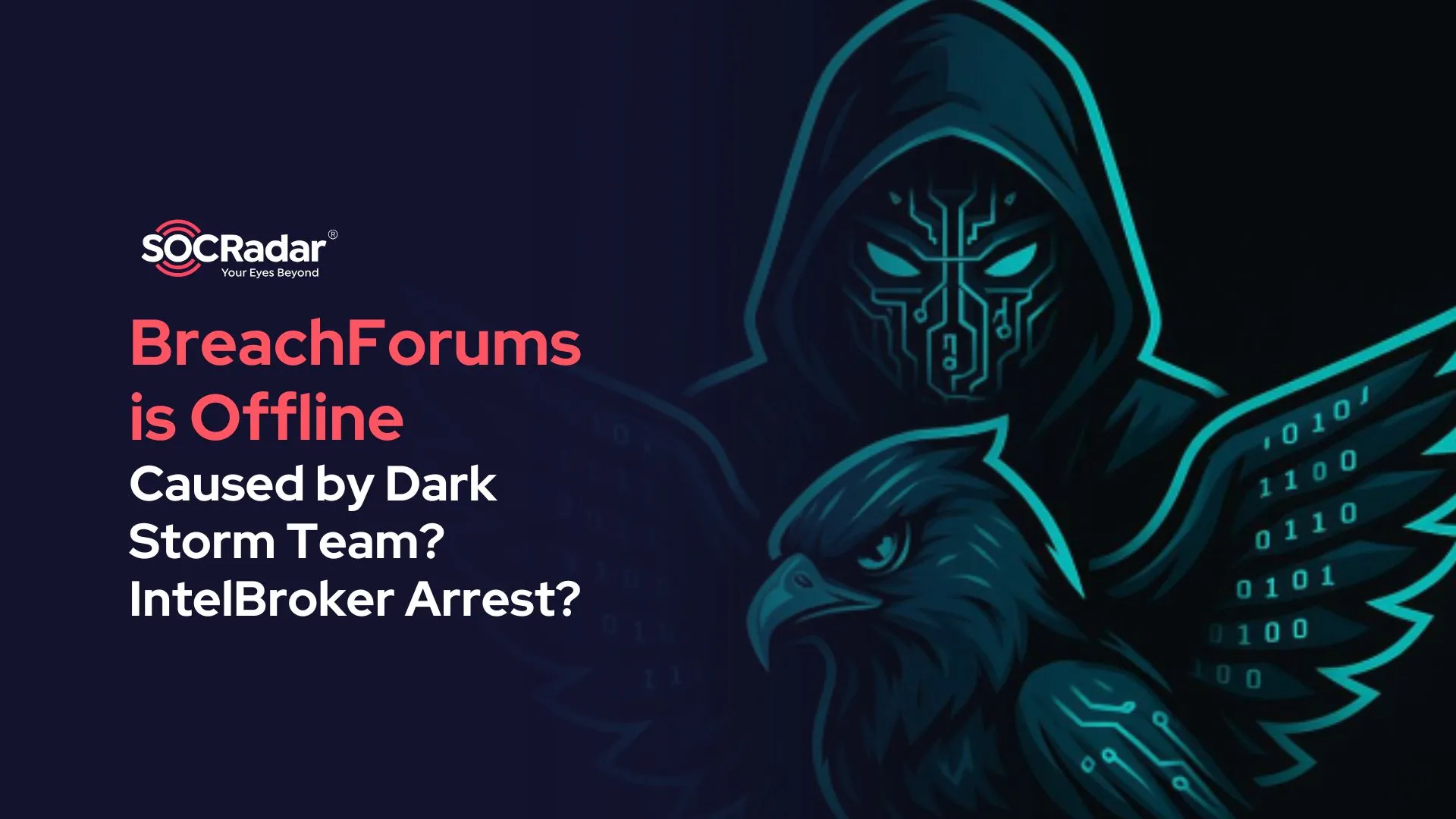
Future of Cybersecurity in the Era of Metaverse
Metaverse has become a subject that everyone is curious about very soon after it has found its place in the titles. It was claimed that the term, which caused great excitement among those working in information technologies and enthusiasts, was a big thing that would shape the future business world.
Judging by the trend in search engines, the search trend for the word “metaverse” has increased by over one hundred percent in just one year. In this sense, we find it helpful to look at this concept, which will create new discussions in terms of information security from the cyber security framework.
What is Metaverse?

Metaverse may sound new as a term, but it’s a long-standing theme in popular culture. The game Second Life, which promises its users to create a new identity and life through their avatars, and the novel Ready Player One, which was also filmed, basically deals with it. So how should we define it?
Simply put, the Metaverse is a hypothetical iteration of the internet, visible through online 3D virtual environments. The previously experienced web as texts and images is shared through an emulated version of the physical environment.
Metaverse requires the simultaneous use of many technologies. In this universe, where augmented reality, cloud technologies, IoT, and artificial intelligence must be combined to be functional, a unique economy can also be created through cryptocurrencies and NFTs.
Combining all this, you can explore hundreds of thousands of virtual worlds, play games, shop, invest in virtual lands or artworks by creating an avatar that looks just like you or has nothing to do with you.
What Makes Metaverse So Important?
The fact that the Metaverse has become so popular can be understood more clearly by looking at its new possibilities (Click for a detailed Gartner article on this). The main reasons underlying the enthusiasm of companies from all sectors, not just technology companies, are as follows:
- A new internet era is opening. Remember the debate and hype around the term “internet” in the ’90s. It was predicted that everything we know about economics, politics, management, business models, and shopping would change. Here, the Metaverse promises a similar transformation. This 3-dimensional virtual universe, where global users from all over the world can come together and interact more unlimitedly, will also transform our digital experience.
- Working and business models are changing radically. The remoteness of working life and education was the precursor of this. Now with the Metaverse, it will be much more widely accepted. Thanks to virtual reality, spaces such as virtual offices and classrooms will be created, and these processes will be managed more effectively.
- Metaverse-specific investment opportunities are emerging. We predicted that digital currencies and NFTs would create an economic model on the internet, but we can say that this economy will solidify with the Metaverse. With a crypto-based economy, trillion-dollar opportunities will emerge for content producers and brands to create their virtual worlds.
Metaverse From a Cyber Security Perspective
Although it is still a developing technology, information security experts can predict some security issues based on their experience. There are inferences that fraud methods such as phishing will continue to be a threat in the virtual universe. Threat actors can see the Metaverse as an opportunity, creating situations like the following.
- NFTs will be at the heart of the Metaverse economy. This raises the likelihood of an increase in NFT fraud.
- With the increasing use of virtual reality glasses, new possibilities will arise for data breaches and malware.
- There will be an increase in blockchain-related scams and threats to financial institutions.
- The 3D environment of the Metaverse will facilitate the more effective use of engineering methods. Data security will be a more sensitive point, and vulnerabilities probably will increase.
In this new era, the most crucial issue to be considered will be augmented reality devices. These devices, which collect large amounts of data, including users’ biometrics, can become an ideal medium for attacks.
The Challenges of Ensuring Information Security in Metaverse

The cyber threats in today’s world will probably continue to exist in the age of the Metaverse. But we are sure that new threats will arise. As we mentioned before, the Metaverse works by connecting many technologies, which increases data sharing like never before. That’s enough to say that there will be a massive increase in attack surface.
Another handicap is the necessity of having wearable hardware to experience the Metaverse. With this hardware, it can be much easier to capture sensitive data. Violations can escalate as wearables become available on the second-hand market.
The most significant disadvantage of new technologies is that they do not bring cyber security solutions. We can’t know precisely the cyber threats that the Metaverse will create. Identifying risks and taking precautions may take years. It may be best for both industry and users to introduce some regulation before it becomes widely used.
Discover SOCRadar® Free Edition
With SOCRadar® Free Edition, you’ll be able to:
- Discover your unknown hacker-exposed assets
- Check if your IP addresses tagged as malicious
- Monitor your domain name on hacked websites and phishing databases
- Get notified when a critical zero-day vulnerability is disclosed
Free for 12 months for 1 corporate domain and 100 auto-discovered digital assets.
Get free access


































